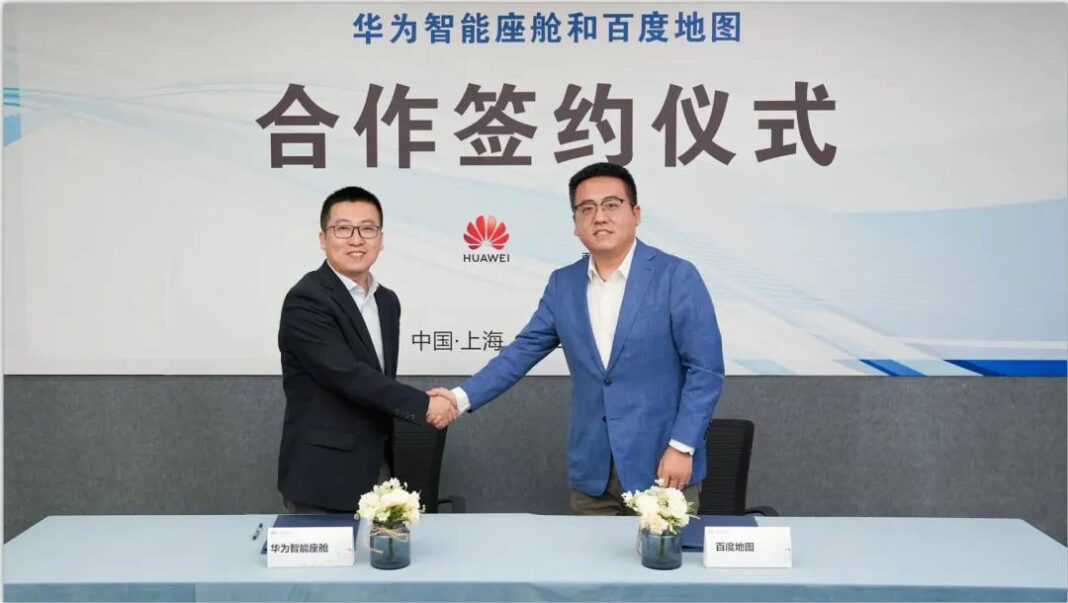
Baidu and Huawei Forge Strategic Partnership for Intelligent Connected Vehicles
Collaboration Explores Navigation, ADAS, and Smart Cockpit Integration, Paving the Way for a Seamless Driving Experience
NEWS News January 22, 2024 Reading time: 2 Minute(s)
Baidu, often referred to as the "Google of China", and Huawei inked an ecological cooperation agreement that could reshape the landscape of intelligent connected vehicles. The signing ceremony witnessed the collaboration's focus on navigation, Advanced Driver Assistance Systems (ADAS), and the integration of Huawei's smart cockpit technology.
The core objective of this collaboration is to elevate the navigation and travel experience by extending the features of Baidu Map to Huawei's smart cockpit. The integration includes a myriad of comprehensive features, ranging from full-scene voice interaction and lane-level navigation to instrument/Head-Up Display (HUD) navigation information display, personalized navigation voice packages, real-time parking navigation, and car-to-car connectivity.

BAIDU'S APOLLO PROJECT CENTERED ON SELF-DRIVING TAXIS IN BEIJING
One of the standout features of Baidu Maps, the traffic light countdown covering 3,000 counties nationwide and real-time parking navigation spanning millions of parking lots, is poised to enhance safety and efficiency in travel. These map services will gradually find their way into vehicles equipped with Huawei's smart cockpit, exemplified by models like the Luxeed S7 or the Aito M9. Leveraging Baidu's expertise in self-driving taxis through the Apollo project in Beijing, the collaboration aims to address a longstanding challenge of seamless integration between in-car systems and navigation. This partnership signifies a leap forward in the intelligent connected car industry, promising users a more convenient and intelligent driving experience.
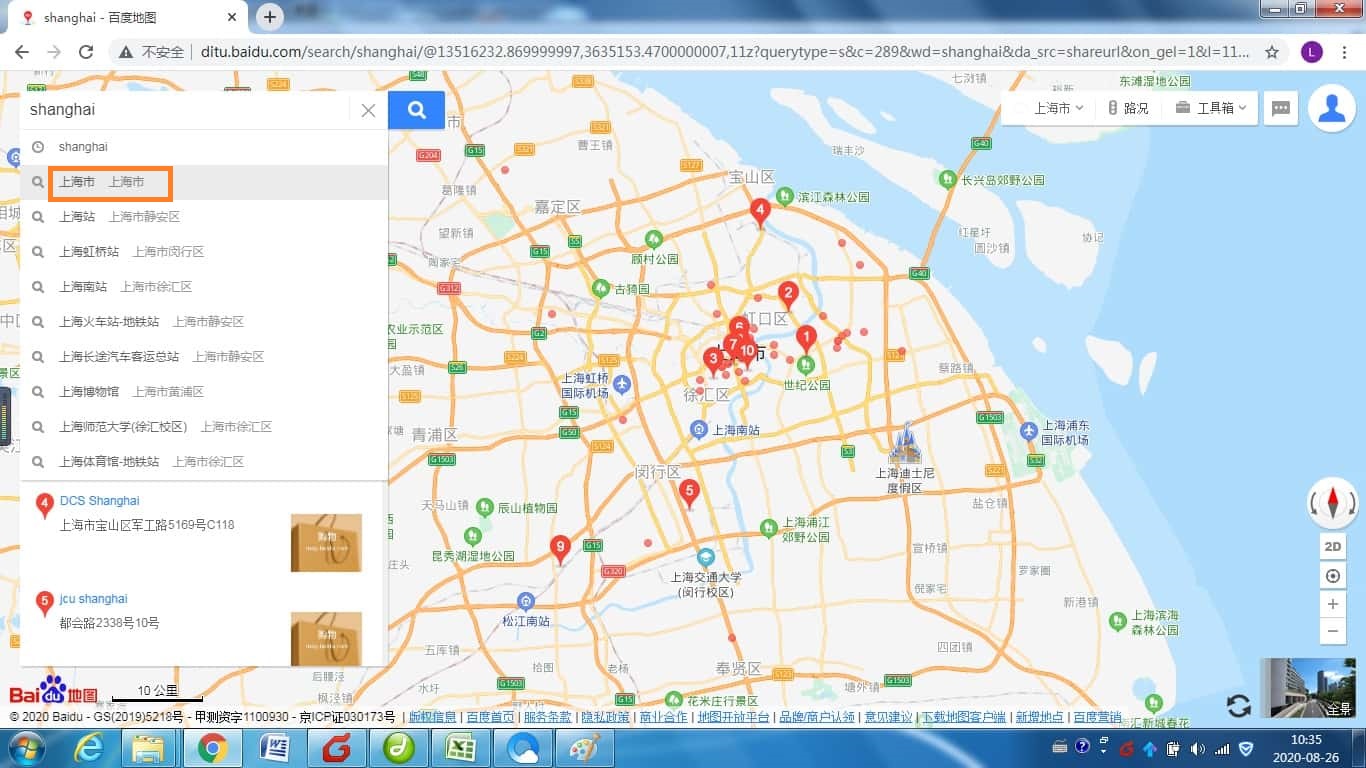
BAIDU MAP DESKTOP APPLICATION
However, amidst this collaboration trend in the automotive industry, some companies, like BYD, choose to rely on their internal R&D capabilities. BYD's independent stance was evident in its decision to opt-out of an agreement with Baidu on autonomous driving tech in August the previous year. The emerging landscape suggests that the Chinese auto industry might witness two competing blocks of automotive companies: one embracing Huawei and Baidu solutions, and the other adhering to BYD's technology.
While competitors, including Alibaba's Amap, actively participate in the high-precision map competition, Baidu's early entry into the business provides it with a competitive edge in data accumulation and algorithm optimization. This collaboration between Huawei and Baidu underscores their shared commitment to keeping pace with the evolving trends in navigation and intelligent transportation. As the industry continues to evolve, this partnership is poised to play a pivotal role in shaping the future of smart transportation ecosystems.
SOURCE: CAR NEWS CHINA | IMAGES CREDITS: HUAWEI / BAIDU / BAIJIAHAO
Baidu Huawei Intelligent Connected Vehicles Navigation Technology Smart Cockpit Advanced Driver Assistance Systems ADAS China Automotive Industry Technology News RSMax
*Our pages may contain affiliate links. If you buy something via one of our affiliate links, Review Space may earn a commission. Thanks for your support!
CATEGORIES





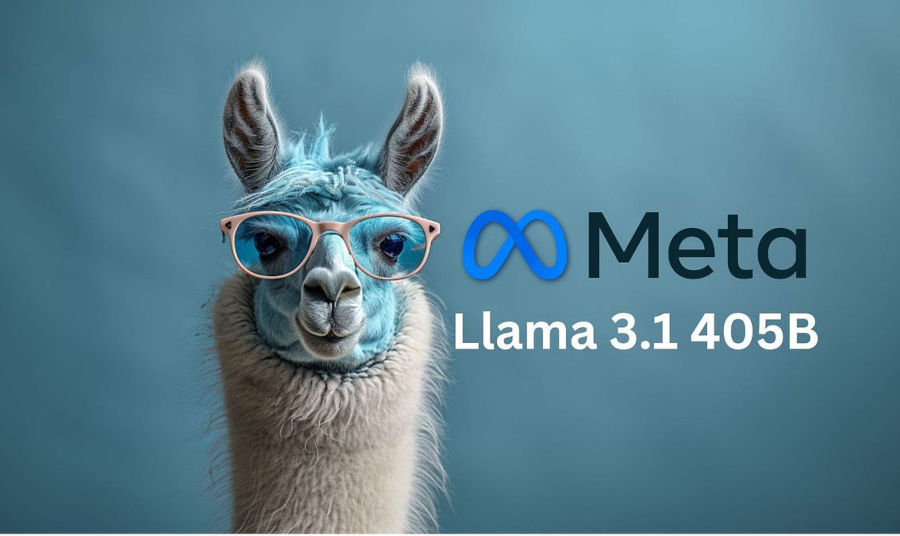














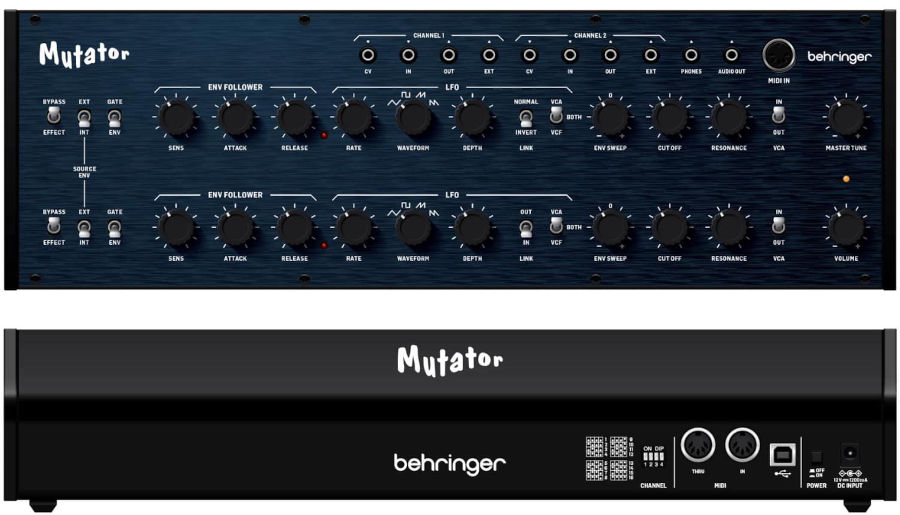
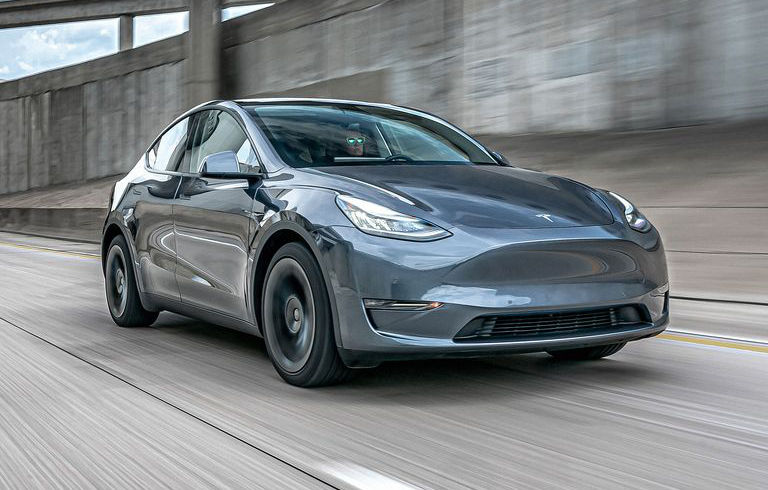



COMMENTS